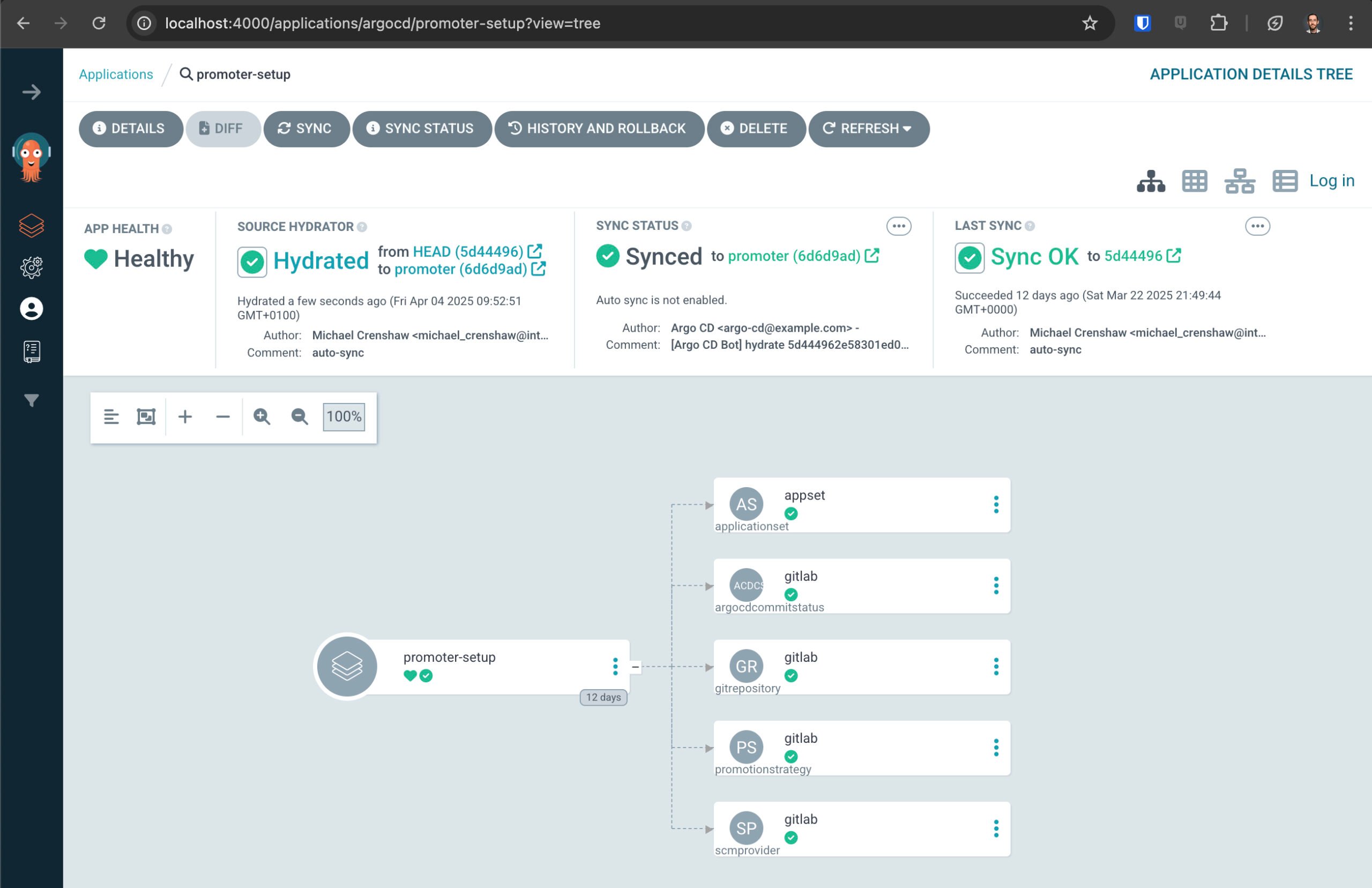CNCF Readies Next Major Update to Argo CD Platform
The Cloud Native Computing Foundation (CNCF), this week at the KubeCon + CloudNativeCon Europe 2025 conference, announced that a major upgrade to the open source Argo continuous delivery (CD) platform for Kubernetes environments will become generally available next month.
Michael Crenshaw, a staff software engineer at Intuit, said version 3.0 of Argo CD, in addition to consuming memory more efficiently, enabled by a leaner code base and further streamlining GitOps processes, Argo is also being made more secure with support for role-based access controls (RBAC).
Originally developed by Intuit, Argo has been at the forefront of decoupling continuous integration (CI) processes used mainly by application developers and CD workflows that are more typically managed by software engineering teams. Rather than trying to extend CI scripts to handle deployments, Argo CD provides access to a graphical user interface that makes it simpler to keep track of changes that need to be continuously reconciled, said Crenshaw.
In contrast, CI pipelines that have been extended to CD force DevOps teams to assume updates to IT platforms as being made sequentially rather than via a set of continuous GitOps workflows, he added. That approach is especially outdated within the context of a Kubernetes environment where the underlying platform is already being managed using a set of declarative tools, noted Crenshaw.
These latest updates are part of an ongoing effort to refine an Argo CD platform originally developed for Intuit’s internal teams that is now being consumed by more external stakeholders than ever, he added.
Argo CD, thanks to the rise of Kubernetes, has gained significant traction. A CNCF survey finds that Argo is now the second most widely used tool for managing DevOps workflows in Kubernetes environments (45%) after GitHub Actions (51%). However, both Jenkins (44%) and GitLab (43%) are close behind and it’s not uncommon for different teams in the same organization to be running disparate DevOps tools.
At the moment, the CNCF has firmly identified 750 organizations, including the investment firm BlackRock, using Argo CD, but the number of contributors to the project exceeds 4,500, which suggests higher levels of adoption, noted Crenshaw.
Those ranks will only increase as more organizations embrace platform engineering as a methodology for managing DevOps workflows at scale, which Kubernetes and Argo CD inherently lend themselves to better than legacy platforms, he added.
It’s not clear how many organizations are moving away from CI scripts to manage CD workflows, but the one clear thing is that the graphical tools provided by Argo CD make both it and Kubernetes itself more accessible to a wider range of IT professionals.
At the same time, however, there are still going to prefer to automate software engineering workflows using traditional scripting tools so the decision to adopt Argo CD over another platform may come down to personal preference as much as it does the degree to which one approach might be superior to the other.
In the meantime, the one certain thing is the pace of innovation when it comes to building and deploying cloud native applications only continues to accelerate as Kubernetes increasingly becomes a mainstream IT platform.



